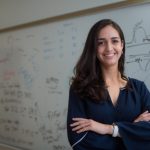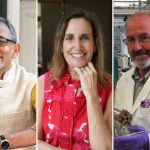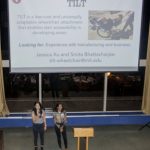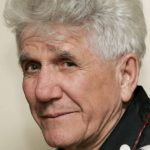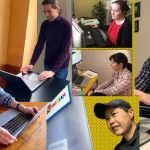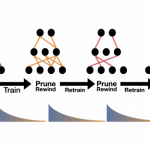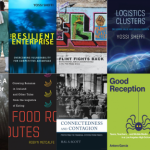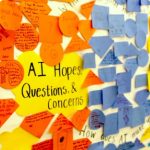How many jobs do robots really replace?
This is part 1 of a three-part series examining the effects of robots and automation on employment, based on new research from economist and Institute Professor Daron Acemoglu. In many parts of the U.S., robots have been replacing workers over the last few decades. But to what extent, really? Some technologists have forecast that automation will lead to a future without work, while other observers have been more skeptical about such scenarios. Now a study co-authored by an...



